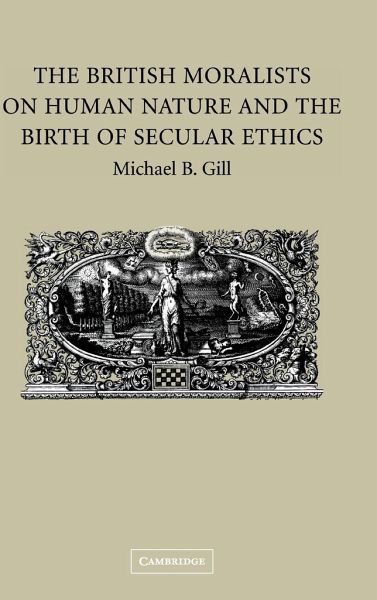
The British Moralists on Human Nature and the Birth of Secular Ethics

PAYBACK Punkte
40 °P sammeln!
This 2006 volume uncovers the historical roots of naturalistic, secular contemporary ethics.


Rechnungen
Bestellstatus
Retourenschein
Storno